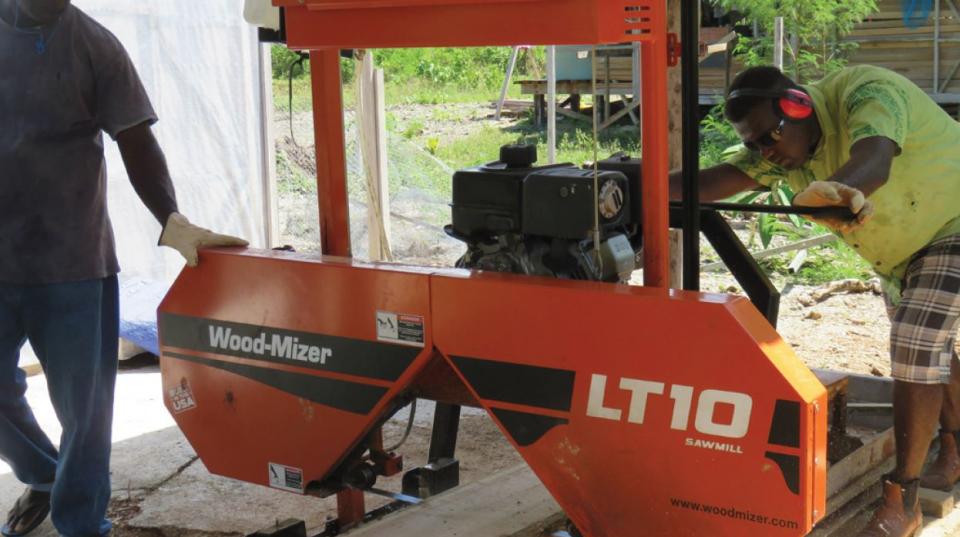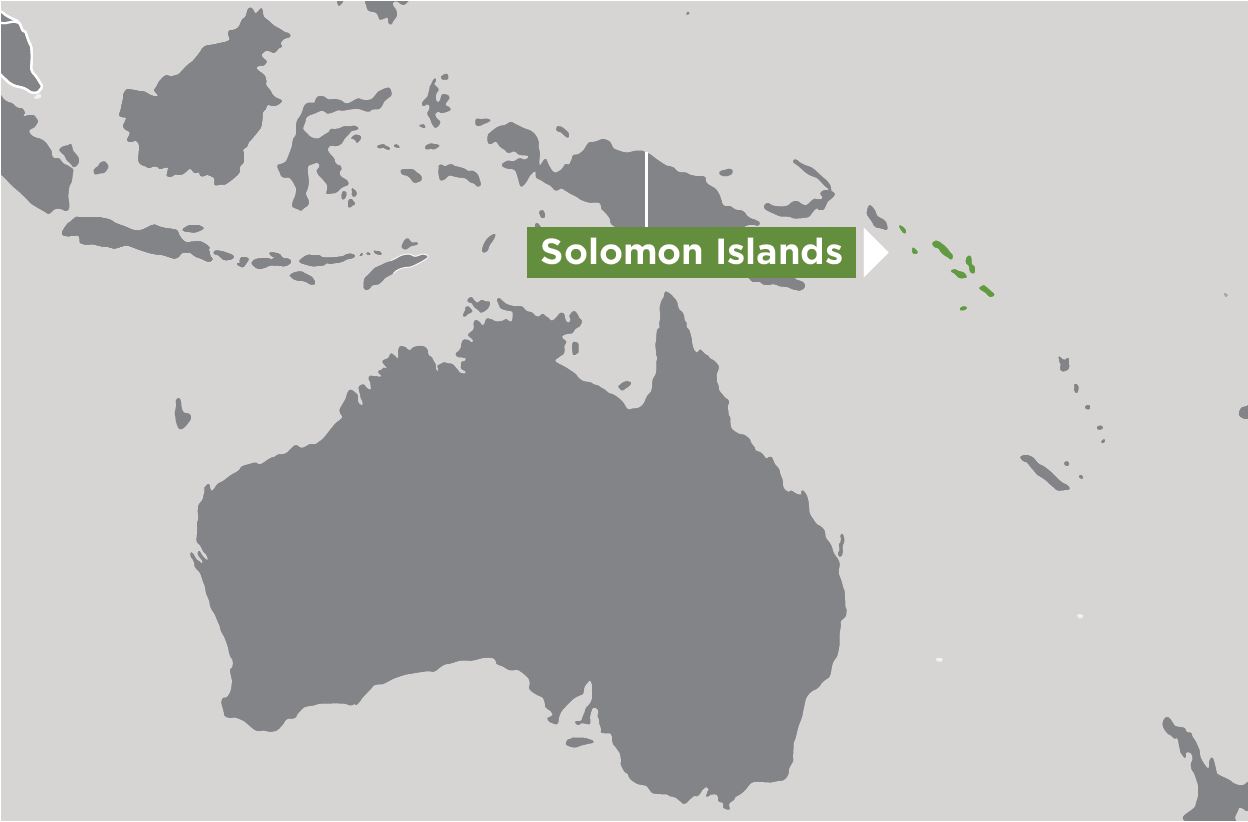Overview
This project aimed to develop a practical model for community growers in the Solomon Islands, supporting small-scale teak plantations and providing smallholders with good returns.
Most existing smallholder teak plantations in the Solomon Islands are generating income for their owners due to a lack of practical options for harvesting and processing the timber locally.
While the development of an alternative strategy was successful, it has not helped growers with existing plantations. Their situation has become worse, with considerably older and consistently underperforming plantations. Through this project, the creation of small-scale business opportunities in processing (both harvesting and drying) will benefit local entrepreneurs and increase supply capacity.
The Ministry of Forestry estimates that there are now 21,000 plantations with a total area of 15,000 hectares.
Project outcomes
- Two Solomon Islanders trained in small diameter log processing and solar drying in Brisbane to act as trainers on all project related activities in the Solomon Islands.
- Development of small-scale business opportunities in processing (both harvesting and drying) to benefit local entrepreneurs and increase supply capacity.
- Community impacts stemming from economic benefits through the sale of high-value timber and the development of a realistic low-volume export market.
- Turning moribund plantations into economic opportunities helping communities see opportunities for sustainable income from plantations.
- Women expected to benefit from developing secondary drying as a business opportunity.
- Environmental benefits stemming from an increase in degraded secondary forest brought back into productive forest management to provide timber for local processing and sales.







